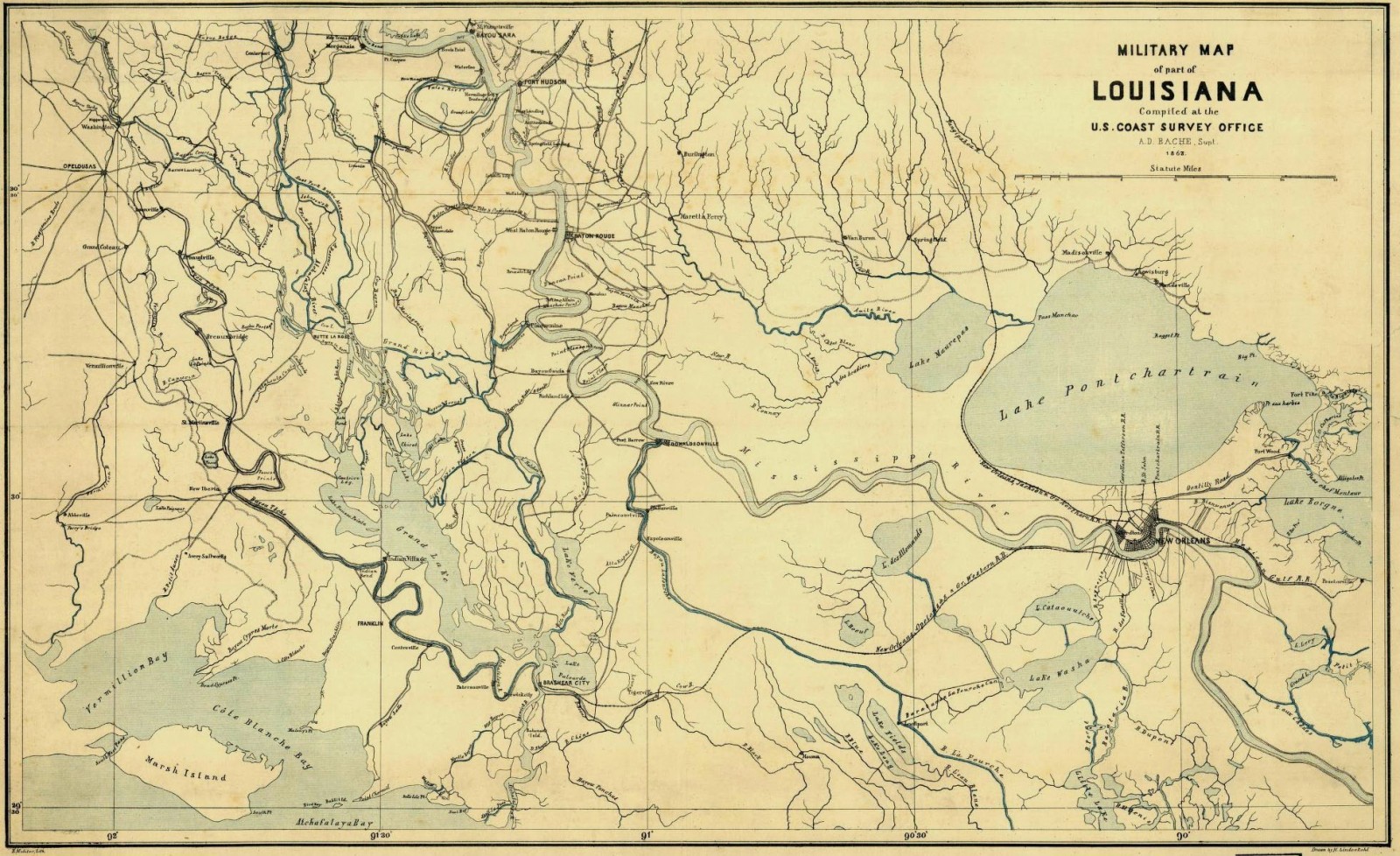
BATON ROUGE, La. — The smell of freshly cut wood wafting from a dirt lot along an industrial stretch of road near the state capital might not conjure up an image of green energy, but some say this is the future of sustainability.
The smell comes from two white plastic domes rising high along the Mississippi River. Stored inside those domes are millions of wood pellets, which started as trees in the surrounding 50- to 75-mile area, and were converted to easily shippable and burnable material at mammoth factories where wood can stretch as far as the eye can see.
The white domes aren’t the pellets' final destination. After being packed into containers the wood is shipped to Europe, where power companies will burn them in an effort to meet the European Union’s stringent renewable energy requirements.
This is known as biomass energy. The problem is, not everyone thinks burning wood is green.
Environmentalists in Louisiana are crying foul over European corporations using Louisiana’s forests for their profit, and perhaps polluting the planet in the process.
Last month, as the white domes were being constructed, Western Louisiana–based environmental activist Dean Wilson sounded the alarm, telling his fellow environmentalists the state’s forests could be under threat. As more and more power plants in Europe convert to biomass, he said, more and more forests in the United States could disappear.
Wilson and his wife, Cara Leverett, live in a small shack with their young son and two dogs in the middle of the largest swampland in the U.S. It’s called the Atchafalaya Basin. The basin’s thousands of acres of cypress, bottomland hardwood trees and coastal marshes are a refuge for wildlife. They also act as a sponge when hurricanes cause the Mississippi River and Gulf of Mexico to surge.
Despite the Atchafalaya Basin’s size, Wilson and Leverett are the only employees of Atchafalaya Basinkeeper, which is the only nonprofit dedicated to overseeing the basin’s hundreds of miles — extending from the southwestern tip of Louisiana at the Gulf of Mexico to north of the state capital.
The fact that few others are watching over the Atchafalaya has made Leverett and Wilson the default warning system for any perceived threats to the woods.
In 2008, Wilson was able to trace bags of cypress mulch being sold at Walmart, Home Depot and other retailers — labeled as sustainably harvested — back to clear-cut Atchafalaya woodlands. He and his fellow Louisiana activists pressured the companies to stop selling the mulch.
It was a big victory for Wilson and his ilk. Wilson said he’s noticed a drop in logging in the Atchafalaya since 2008 because of that win.
But now he worries that the demand for biomass in Europe will reverse his work to protect the woods. “They said not a single cypress was being used, but they lied in the past,” he said. “Why wouldn’t they lie again?”
In 2007, the European Union set an ambitious goal to reduce emissions of greenhouse gases to 20 percent below their 1990 levels by 2020. That, in effect, required power plants across the continent to quickly find new ways to make energy. Some turned to wind and solar.
But for coal-fired power plants it was much cheaper to convert their facilities to burn wood. The conundrum for those companies is that much of western Europe doesn’t have sufficiently large forests left to meet the demand, and the remaining woodland is heavily regulated.
So corporations turned to the southeastern U.S., where wood is plentiful, and regulations about what can be done on private land are lax. Wood pellet manufacturing in the U.S. is now booming.
Drax, Britain's largest coal plant, is in the process of converting most of its operations to biomass fuel, and other power plants across the continent are following suit.
In 2008 Europe imported about 2.5 million tons of wood pellets. By 2012 it imported 9 million. And by 2020 it’s projected to import upwards of 20 million tons, largely from the United States and Canada, according to John Bingham of Hawkins Wright, a British forest products consultancy.
Biomass advocates say the technology is good for the environment because it’s carbon-neutral — trees are cut down, and they grow back. They point out that European companies must show they’re harvesting woods in line with the E.U.’s sustainability standards.
But many environmentalists and scientists who’ve studied the issue believe that current industry practices virtually guarantee a loss of carbon in the process, and that diverse ecosystems are often the collateral damage.
“It’s just not as simple as 'the trees will grow back,’” said Norman Christensen, a professor of environmental science and policy at Duke University. “Yes, you are regaining carbon when trees grow back, but when you cut landscapes intensely, you release some degree of carbon to the atmosphere more or less permanently.”
Christensen and others say that in the years it takes to grow the trees back, a harvested forest isn’t sequestering nearly as much carbon as it would were trees not cut down.
Mark Harmon, a professor of forestry science at Oregon State University, said it’s helpful to imagine a forest as a bucket and carbon as water.
“It’s kind of like a leaky bucket — if you put another hole in the bucket, it’s harder for the bucket to hold water,” he said. “Biomass producers are saying they’re going to harvest more, saying they’re going to take more trees, and saying that won’t lead to more leaks (of carbon). But if you take more you’ll have more leaks.”
Add to that the oil burned to get wood pellets from the Mississippi River to Europe, and biomass begins to look less and less attractive to environmentalists.
But even if burning wood in biomass facilities were carbon-neutral (and some argue it is actually worse than coal), Southern environmentalists say they still wouldn’t support it because of the damage they’ve seen to forests in the Southeastern U.S. over the last several years.
“It’s ludicrous that we’re chopping down our forests and shipping them to Europe to help meet their energy goals,” said Scot Quaranda, the campaign director for the Dogwood Alliance, a forest watchdog group. “But in the South, on private land, you can basically get away with anything.”
Quaranda said his group has documented several cases of forests clear-cut for biomass fuel. A Wall Street Journal report also found clear-cutting in North Carolina.
Seth Ginther, a lawyer with the U.S. Industrial Pellet Association, insists the pellet industry is not responsible for environmental damage. But he acknowledged that private landowners are free to do what they wish, including cut down whole trees on their land.
And in the South, where nearly 90 percent of land is privately owned, there is no law on the books requiring landowners to grow those trees back.
Dozens of biomass facilities have been built in the South. There are currently two in Louisiana, with eight more planned, according to Quaranda.
With a permit to build roads for logging in a protected area of the Atchafalaya pending approval from the Army Corps of Engineers, Dean Wilson worries he’s just seen the beginning of a decades-long battle to protect the woods he’s been looking after since the 1980s.
Now Wilson is trying to employ the same tactic he used when he found out retailers were selling cypress mulch taken from the Atchafalaya.
Working with European environmentalists from groups such as Birdlife and Friends of the Earth, Wilson is attempting to establish a chain of accountability — from a Louisiana tree to a European light bulb.
He knows regulations are unlikely to become more protective in Louisiana, so he and others are hoping that, by showing Europeans where their supposedly renewable energy is coming from, they can persuade the European Commission's energy division to reconsider how it treats biomass as a renewable energy source. If it does, environmentalists hope that will effectively kill the market for wood pellets in the South.
But this time around, establishing a chain of accountability will be harder for Wilson. When companies were logging for cypress mulch, he could find bags of the mulch branded with company logos in his local Walmart.
Now it’s hard to even find out who owns the massive biomass factories and storage facilities surrounding Baton Rouge. And the wood isn’t going to Walmart — it’s going thousands of miles away to highly guarded power plants in remote parts of Europe.
“With the cypress mulch, we managed to find the trucks and the bags and take pictures,” Wilson said. “This time we don’t have that. It’s going into a black hole.”
3 WAYS TO SHOW YOUR SUPPORT
- Log in to post comments















